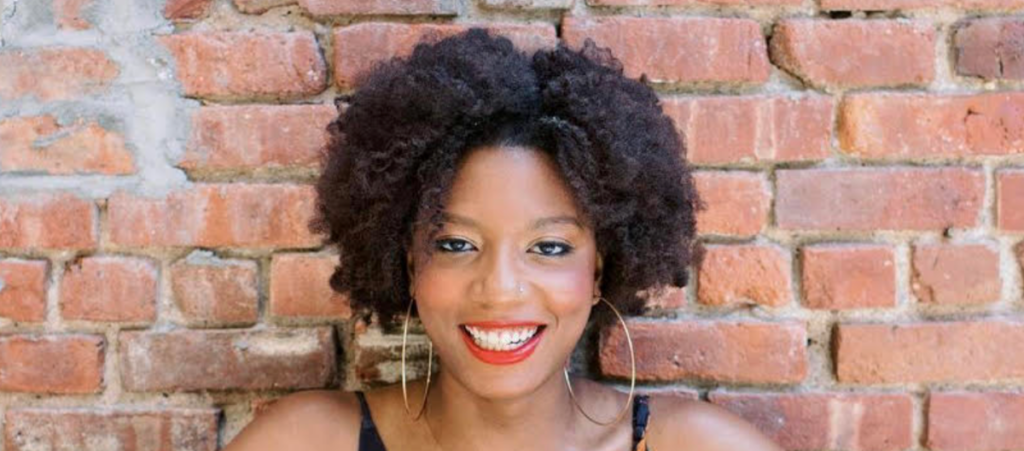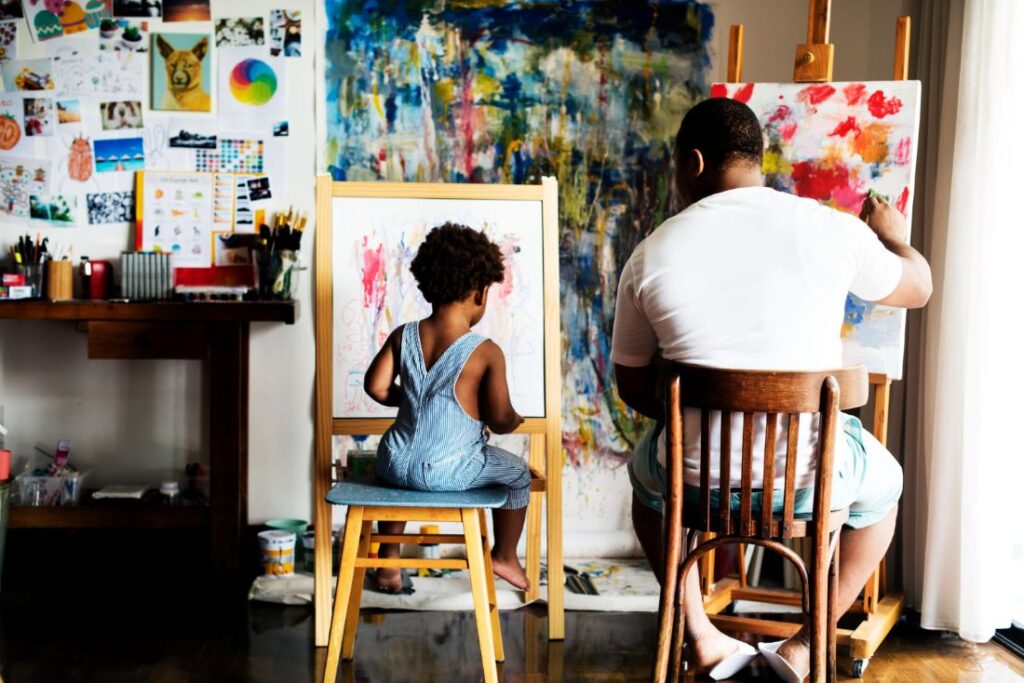Chloe Valdary has a different take on how best to foster understanding between those who have opposing views, and how to celebrate diversity. She teaches people to find common ground, and overcome prejudices, with ideas she has corralled from pop culture.
After obtaining her BA in international studies, with a concentration in conflict and diplomacy, at University of New Orleans, Valdary joined The Wall Street Journal as a Bartley Fellow. There, she developed the thesis, “How to get people to learn to love others they see as different from them.” It was the seed to what would eventually become her company, and curriculum, The Theory of Enchantment, launched in Dec. 2018, with her as CEO. The Theory was built upon what some might think are unexpected roots.
“I started studying things like Nike, Disney, and Apple to see what it is about these brands that captivate us, like moths to a flame? Is there something about the narrative structure within these brands that speak to us, and speak to yearnings within the human spirit? I found that all these brands basically were telling a story of the human potential, the story of the imperfection of the human being, but also human potential for us to self-actualize,” she said.
“And that’s why we gravitate towards Disney movies. Every Disney movie is a motif for the human condition. Some flawed imperfect character has to go through a set of quests, and becomes the hero of the story. You could see this in many other pop cultural references as well.” These ideas culminated in a whole course and curriculum.
Now used as an educational platform, it is designed to encourage individuals to foster empathy, and dismantle prejudiced perspectives, and as “a way of viewing the world to enable people to love amidst conflicts, and in spite of conflicts, and across conflict.”
The Theory, she said, embodies three principles: “Treat people like human beings, not political abstractions,” “Criticize to uplift and empower, never to tear down or destroy” and “Try to see everything you do in love and compassion.”
The curriculum encourages people “to think differently about how they view their neighbour, how they view themselves, how they view the other,” she said. “So, they not only learn a ton about themselves, and how to relate to their neighbours, but also, they experience it in a playful, joyful way. People take our prompts, and play it as a game with their friends, and with their family members.”
The Theory has several points of differentiation from other diversity and equity programs.
“We don’t believe in using tools like self-segregation, or encouraging people to self-segregate, which is something that has happened with other diversity and inclusion programs,” she said.
“We believe that every human being is precious, unique, complex; very much, usually deeply unaware of their own complexity, though. So, we try to give them the tools to become aware of their own complexity, and really see that complexity with a sense of wonder and awe, as opposed to a sense of threat and a sense of fear. Because oftentimes, when we feel afraid, and threatened by aspects of our own selves, we haven’t come to terms with the fear we see in the other.”
Today, with a staff of seven, the small startup has accomplished big things.
Over the course of several years, she has spearheaded numerous workshops, seminars, and speaking engagements across institutions and corporations, including law enforcement, hospitals and communities. She’s lectured around the world, sharing her beliefs on conflict resolution, diversity inclusion training and how to fight bigotry with love. Among many highlights is a TED Talk she delivered called, “How Love Can Repair Social Inequity,” on the transformative power of empathy in combating racism.
Chloe Valdary’s thought-provoking ideas, which emphasize the importance of authentic connections and shared values, continue to inspire people around the world.
Dave Gordon | Contributing Writer










